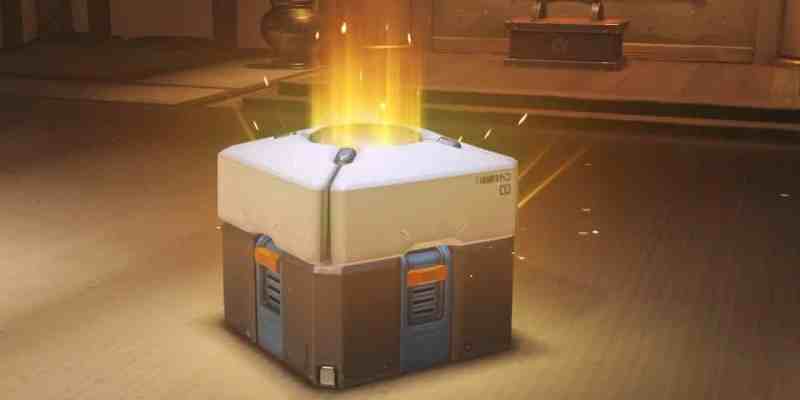The Entertainment Software Ratings Board (ESRB) has introduced a new interactive element to provide more transparency about the availability of in-game items for purchase, particularly those with loot boxes and the like. The element is called “In-Game Purchases (Includes Random Items).”
It will apply to games that offer purchase of digital goods or premium currency for real-world money where players don’t know in advance the specific digital goods or premiums that they will receive. This includes, but is not limited to, mechanics such as loot boxes, gacha games, item/card packs, prize wheels, and treasure chests. The new element may also apply to games that have other non-randomized paid elements.
The existing “In-Game Purchases” notice will still be applied to games that offer any other kinds of purchases such as additional levels, cosmetics, DLC, and expansions.
The ESRB also noted that it is not using the term “loot box” because it does not cover every type of randomized in-game purchase mechanic. As such, “In-Game Purchases (Includes Random Items)” will include loot boxes and all similar mechanics that involve exchanging real-world currency for digital items and in-game currency. The term “loot box” may also not be as widely understood by the general public as it is by dedicated gaming enthusiasts. The language the ESRB has chosen will make it easier for parents to make informed decisions.
